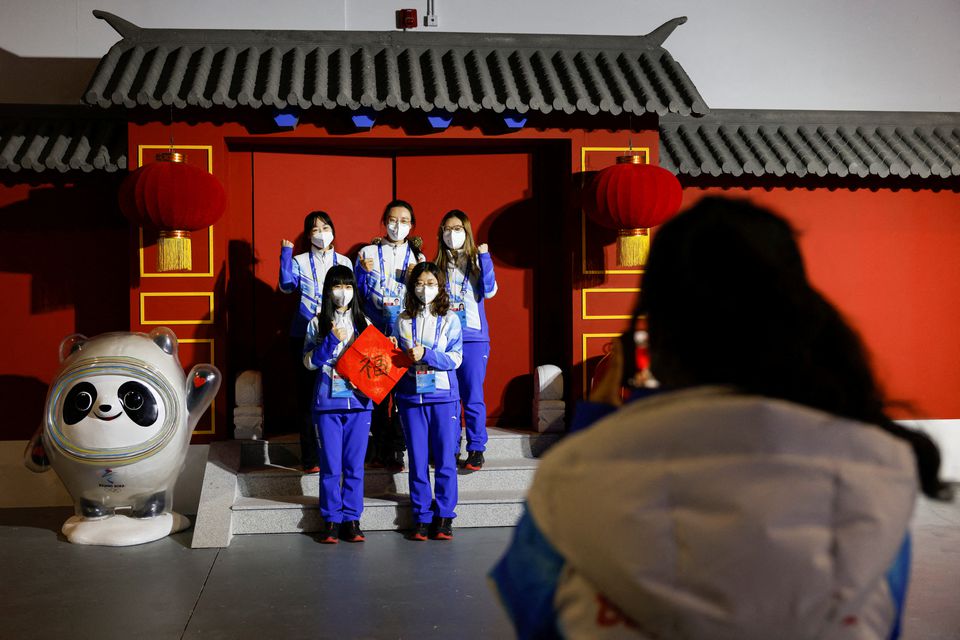
The Beijing Winter Olympics begin in a week, placing sports front and centre after preparations were hampered by diplomatic boycotts and the COVID-19 pandemic, which pushed the Games into a closely guarded bubble.
Beijing will be the first city to host both the Summer and Winter Games, and some sites from the 2008 Games will be reused, including the Bird’s Nest stadium, where the opening ceremony will be helmed once again by renowned Chinese filmmaker Zhang Yimou.
Almost everything else is unique.
Whereas the 2008 Summer Olympics shined as a growing China’s entry on the world scene, the Winter Olympics will be hosted by a country that has grown more wealthier, more powerful, and, under President Xi Jinping, more autocratic and increasingly at odds with the West.
China has isolated itself with a zero-tolerance approach in the COVID-19 era, cancelling practically all international flights, forcing Olympic athletes and others to fly directly into a Games bubble on charters.
The Olympics, like in 2008, have once again focused attention on China’s human rights record, which opponents believe has deteriorated since then, causing Washington to label Beijing’s treatment of Uyghur Muslims as a genocide and triggering a diplomatic boycott from the US and other countries.
China denies charges of mistreatment and has often criticised the politicisation of the Games.
“The 2008 Olympics were a significant source of soft power for China as it sought worldwide influence. China’s standing in the Western world has deteriorated dramatically in the last year,” Oxford University’s Rana Mitter, a professor of Chinese history and politics, agreed.
“The Chinese Communist Party will be hoping that the Winter Olympics 2022 can help to change this.”
The Games, however, are due to begin amid escalating geopolitical tensions, with Russian President Vladimir Putin, who is likely to be in Beijing, as well as U.N. Secretary-General Antonio Guterres, mounting troops at the Ukraine border.

Post Your Comments